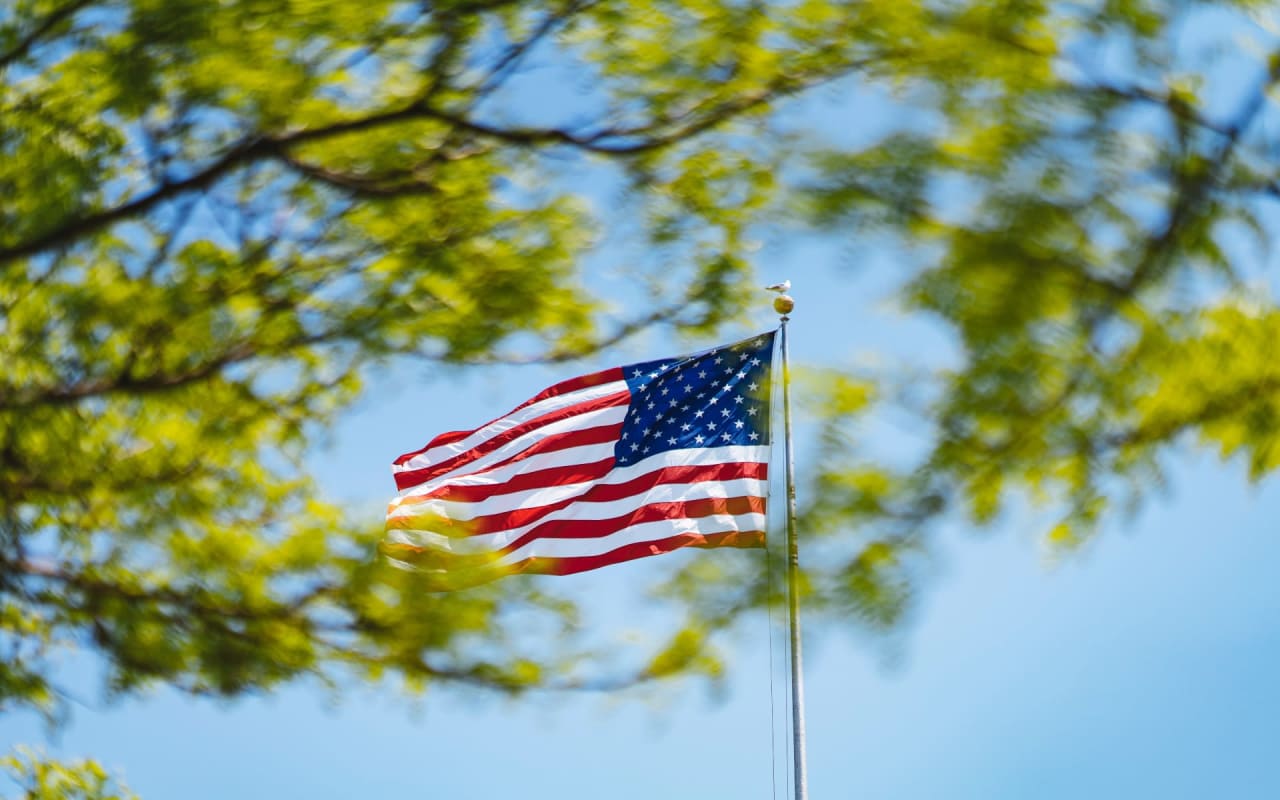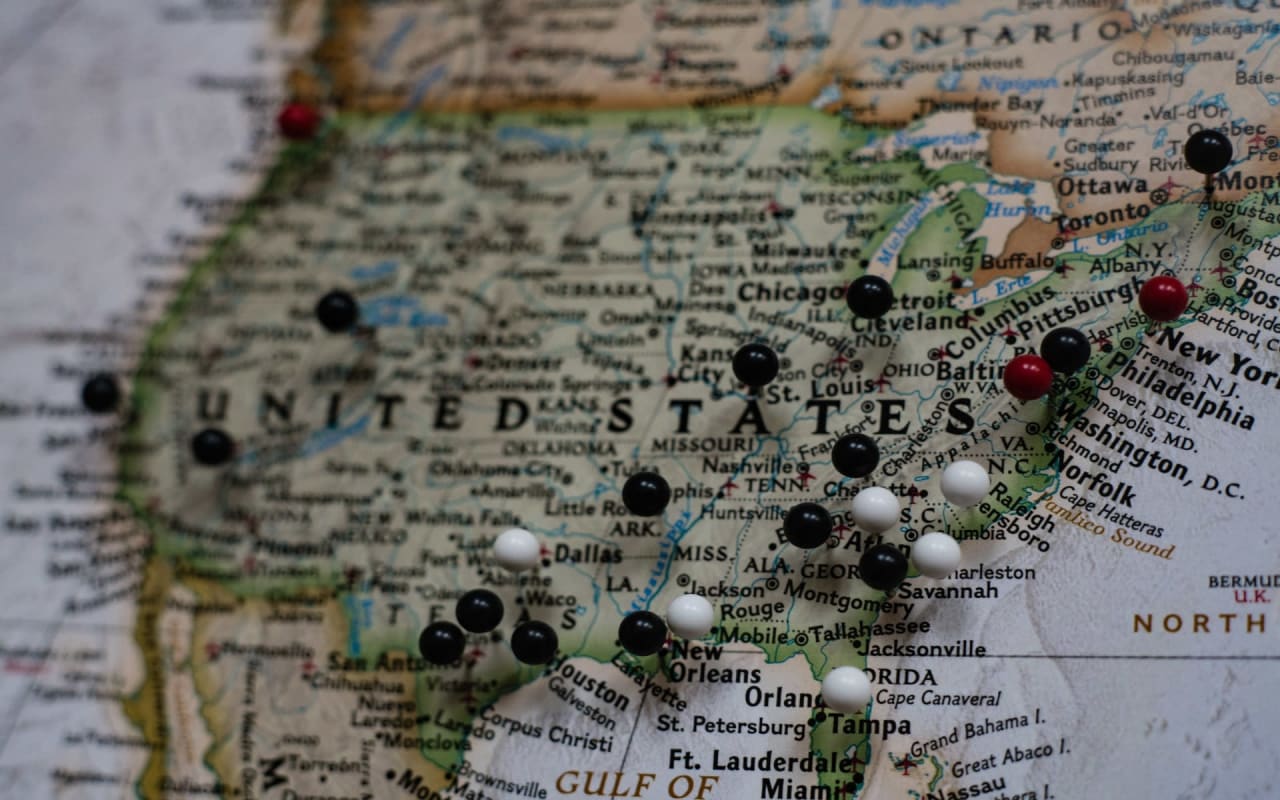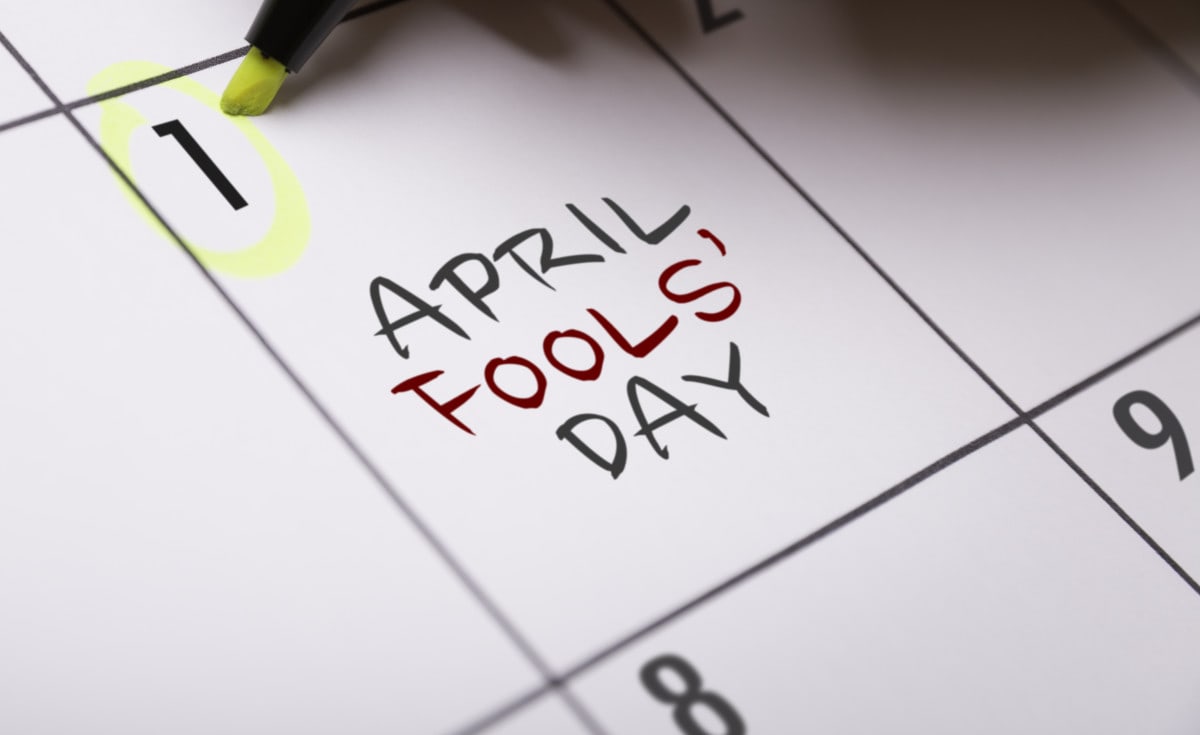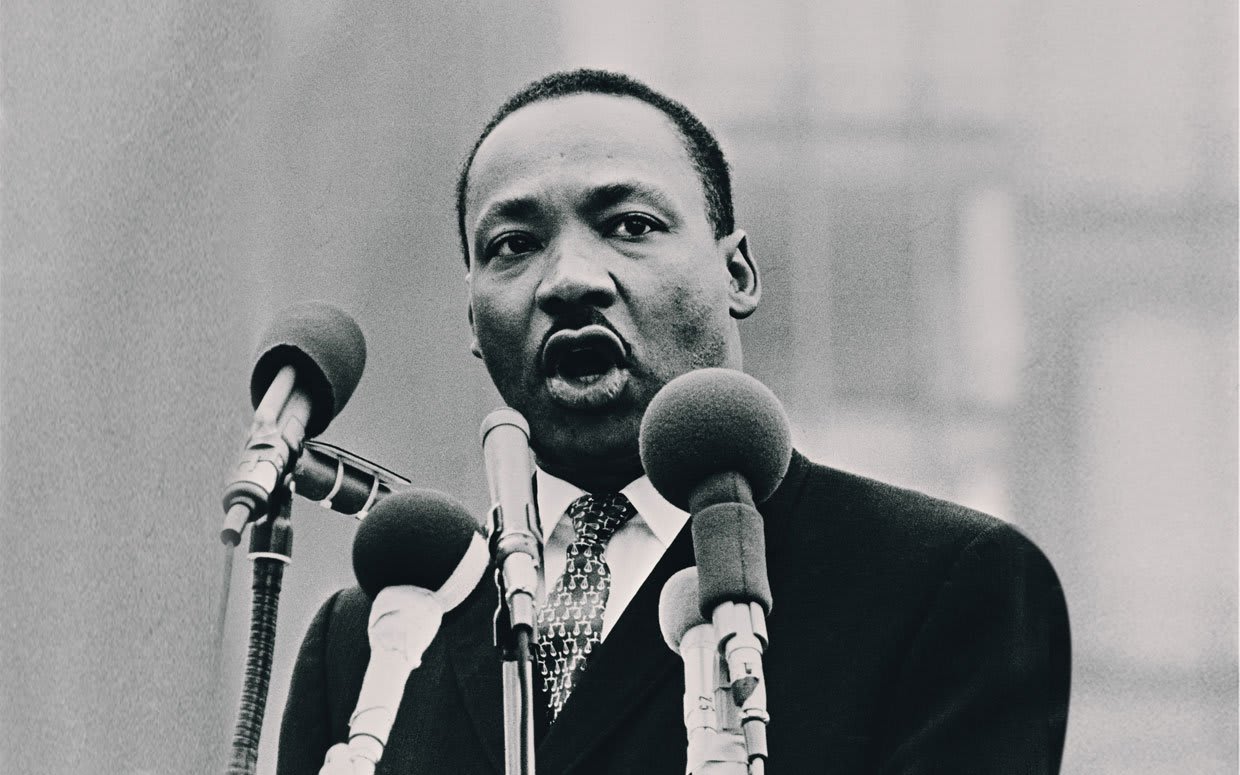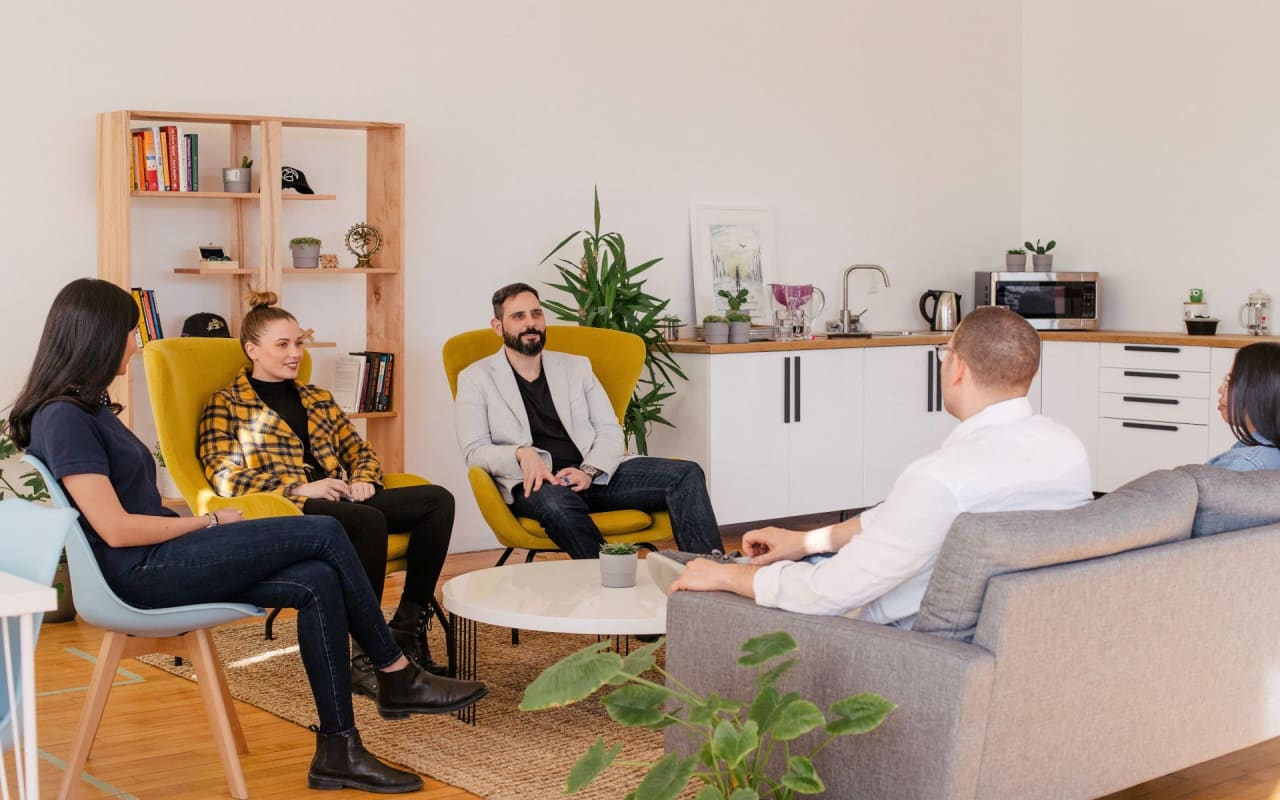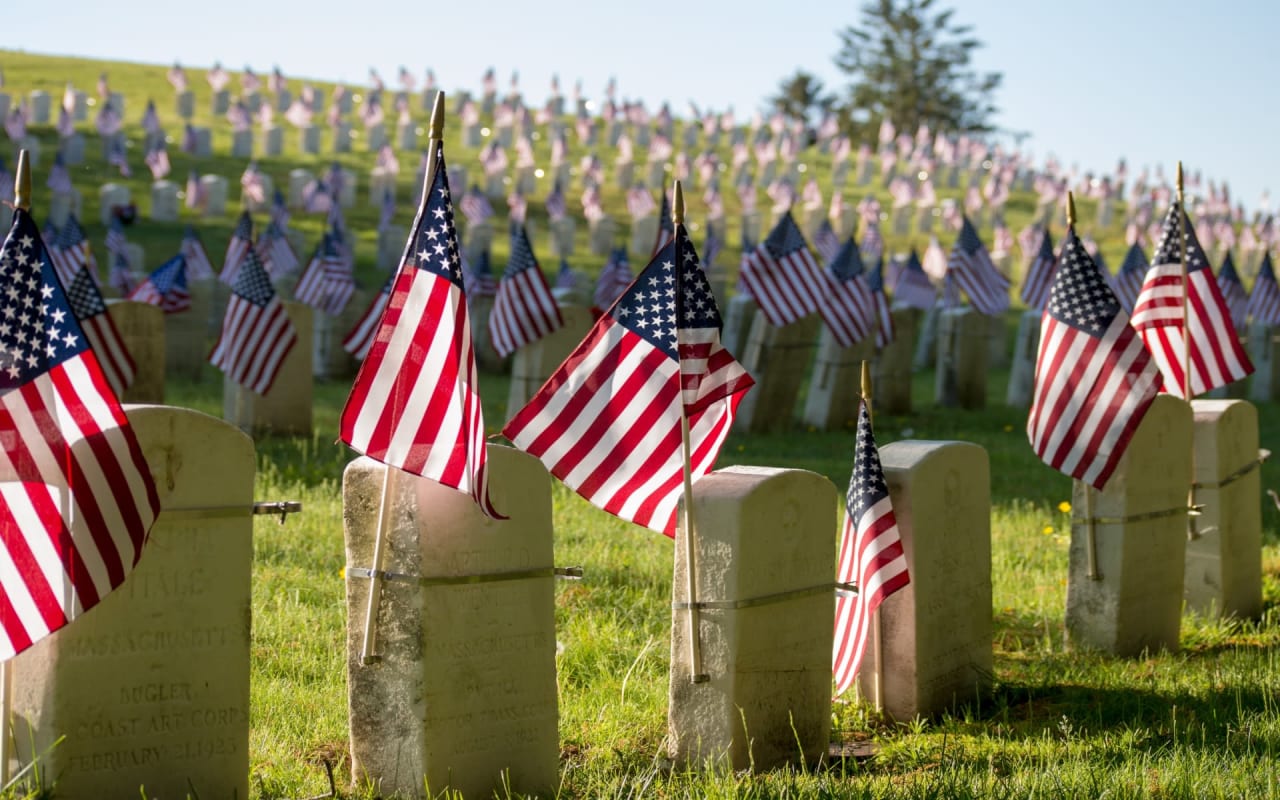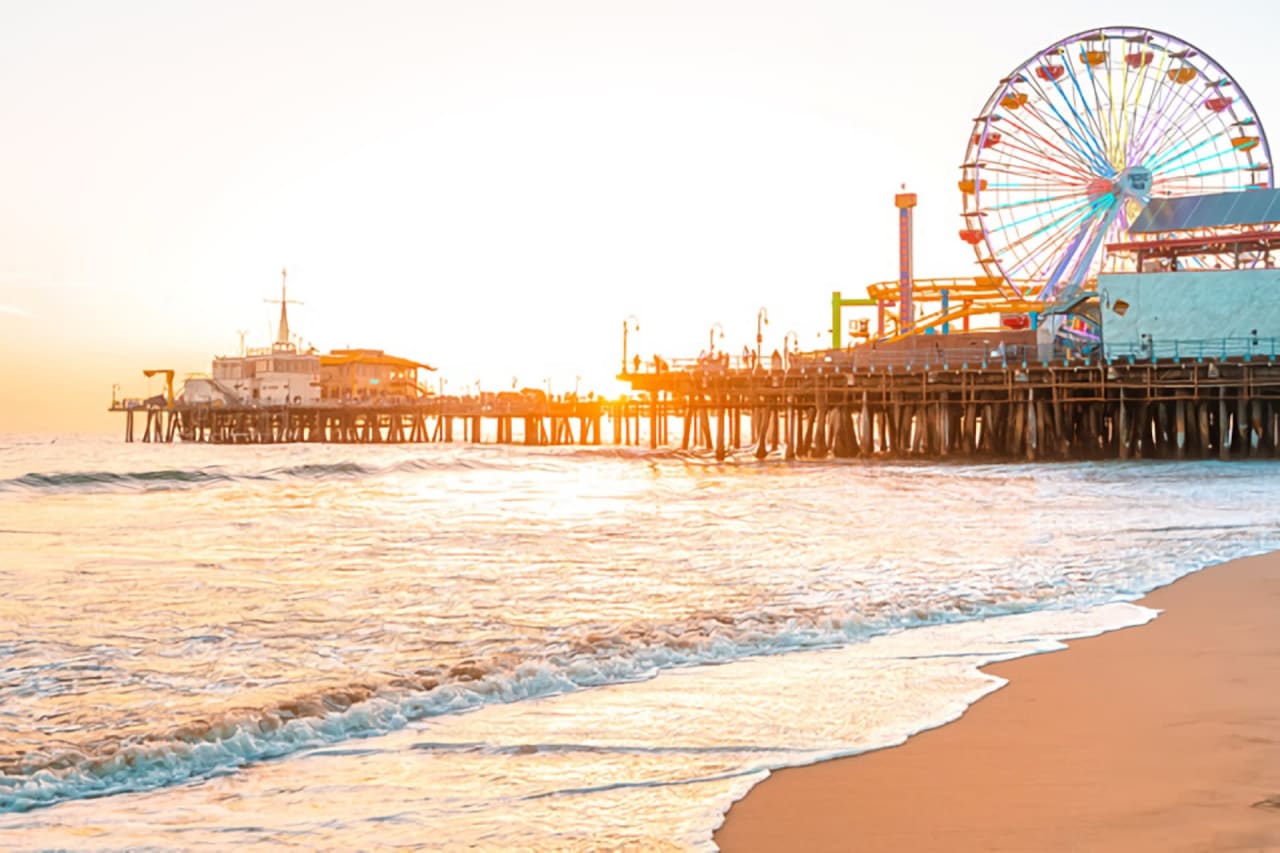Right now, a huge percentage of people around the globe are living in isolation to "flatten the curve" and reduce the spread of the coronavirus SARS-CoV-2. But it can be really difficult to adjust to social distancing and quarantine, especially for those of us who are used to commuting and traveling and going out with our friends.
Luckily, astronauts have immeasurable experience with isolation, and a few have chimed in with their expert advice.
Peggy's Tips
In a satellite interview with CBS This Morning, retired NASA astronaut Peggy Whitson, who, in 2017 broke the record for cumulative total days spent in space by any NASA astronaut and who has spent a total of 665 days in space, chimed in on the topic today (March 23). "[Isolation is] actually very doable, but it's very important to be able to interact well with the people you're staying with, living with."
She went on to detail compare our current situations with how astronauts live aboard the International Space Station and to offer tips for handling issues that arise in those isolated living situations.
"A lot of people are trying to work from home and trying to be parents from home and have a family at home and so it becomes very challenging," Whitson said. "But that's just like what we did onboard the International Space Station. Our space station crew became our family in orbit and we had to not only work with them all throughout the day, but we couldn't go home at night. We stayed there on board the station and had to interact as well."
To smooth the way, astronauts prepare well in advance for the pressure on interpersonal relationships. "We actually train our astronauts to improve those skills because we want everyone to play well with others on board the space station," she said. "You don't get to pick your crew, you're just going to be up there and you have to make the best of whatever situation."
Plus, of course, the stakes are awfully high. "Our lives depend on each other, so it's important," Whitson said.
And so astronauts develop their "expeditionary crew skills," like teamwork and group living, to handle these circumstances, Whitson said. "You have to be able to communicate effectively," Whitson said.
Whitson added that a major factor that helps astronauts to stay positive in their environment is "a higher purpose," or the greater meaning of their work. But, while astronauts' work helps to advance human knowledge and exploration, Whitson said that our current homebound situations have a higher meaning as well.
"COVID-19 gives us a higher purpose much like being in space does because we are saving lives by quarantining," she said. "It is important to understand that bigger purpose and to embrace that purpose to give you reason and rationale for continuing to put up with the situation."
Lastly, to those who are getting bored or restless at home, Whitson said that, on the space station, "I would do the extra work that I'd been thinking about doing." She suggested that people at home ask themselves, "What are the things that you would do if you had more time? Is it to read? Is it to maybe write poetry or do art? What is it that has been the thing that has been in the back of your head?"
Advice From Scott
Former NASA astronaut Scott Kelly, who made headlines with his involvement in the "Twins Study" while aboard the space station in 2015 and 2016, also offered some sage wisdom about isolation in an op-ed in the New York Times.
First, Kelly noted that his strict astronaut schedule (including sticking to a consistent bedtime) helped to keep him moving and motivated. "You will find maintaining a plan will help you and your family adjust to a different work and home life environment," he wrote. "When I returned to Earth, I missed the structure it provided and found it hard to live without."
However, he said that it's important to pace yourself so you don't get swallowed up by your work and to-do lists. "Take time for fun activities: I met up with crewmates for movie nights, complete with snacks, and binge-watched all of '"Game of Thrones'" — twice," he said.
While in space, obviously, Kelly didn't have the opportunity to pop outside for some fresh air, and he said he noticed the difference. "After being confined to a small space for months, I actually started to crave nature the color green, the smell of fresh dirt, and the feel of warm sun on my face," he said, recommending that people find a way to step outside, move a bit and get some fresh air. "I appreciate that in our current predicament, I can step outside any time I want for a walk or a hike — no spacesuit needed. Research has shown that spending time in nature is beneficial for our mental and physical health, as is exercise," he added.
Speaking of suggestions on how to spend your time in isolation, Kelly recommended that people pick up hobbies like reading, playing instruments, making art, and keeping a journal.
And he referenced the way astronauts on the space station stay connected with their friends and family back on Earth, videoconferences. He suggested setting up calls with friends and family to make sure that while we are staying safe and physically isolating, we're not distancing ourselves from relationships that can help us through the situation.
Retired Canadian astronaut Chris Hadfield is no stranger to online videos. In a series of videos he made aboard the space station, Hadfield showed the world what it's like to live in space. He demonstrated how to wash your hands in space, how to brush your teeth in space, and even how to make delicious food while in space.
He's at it again now, and on Saturday (March 21), he shared a video called "An Astronaut's Guide to Self-Isolation" on his personal YouTube page to help people figure out how to live their lives under these new pandemic-prompted circumstances.
"I've spent a little time self-isolating onboard a spaceship," Hadfield said. "You know, it's an extremely dangerous environment up on board the space station and yet, we find a way to thrive and be productive that far away from our normal lives."
Hadfield shared a four-step process that astronauts use to handle the isolation they face on the space station that people can apply to their lives now.
First off, he suggested that people do some research. "Understand the actual risk, don't just be afraid of things," he said. "Go to a credible source and find out what is truly the risk that you're facing right now — you, your family, your friends, the people that you care about."
Second, he suggested that people take a look at their goals. "What are you trying to accomplish? What are your objectives? What is your mission for right now?" he asks.
Third, he suggested that people address the constraints on those goals. "Who's telling you what you need to do? What financial resources do you have? What are your obligations?"










